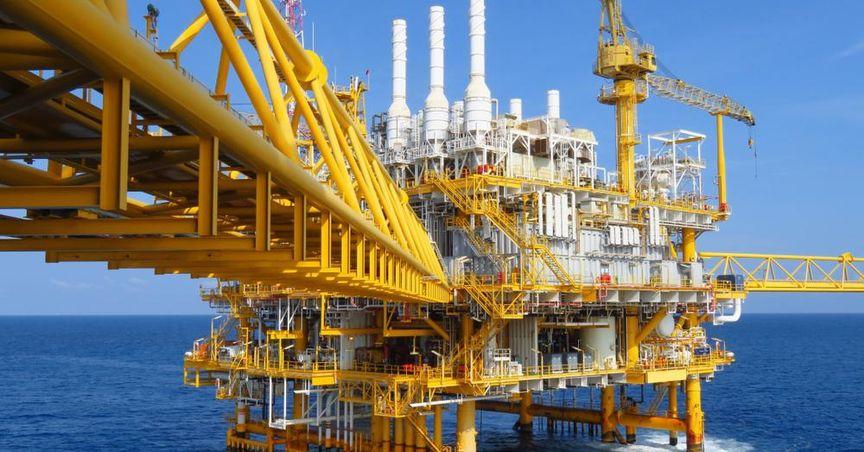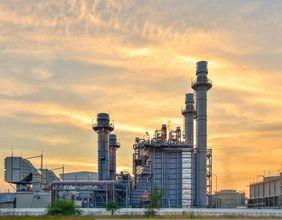Highlights:
- Production Setback: Higher-than-expected gas levels at the Heron-1 well have restricted oil flow rates significantly below prior test results.
- Testing Issues: Heron-2 well testing returned lower-than-expected flow rates, prompting a temporary suspension for further analysis.
- Stock Drop: Petro Matad shares tumbled by 28% in London trading, reflecting investor concerns over production challenges.
Petro Matad Limited (LSE:MATD) reported significant production issues at its Heron field in Mongolia, triggering a sharp decline in its share price, which fell by around 28% on Thursday. The company flagged elevated gas levels at its Heron-1 well and disappointing flow rates at its Heron-2 well, casting a shadow over its recent production efforts.
Gas Levels Hamper Heron-1 Production
The Heron-1 well, which began production on October 24, has encountered challenges due to unexpectedly high gas rates. Production at the well has been managed carefully, resulting in output being held between 200 to 300 barrels per day (bpd). This is a stark contrast to the natural flow rates observed during testing in 2019, when the well delivered 821 bpd.
Petro Matad noted that the elevated gas levels have restricted the oil flow, and the company is now exploring options to stabilise and potentially increase production. The unexpected gas presence has raised concerns about the well’s long-term performance and its impact on overall field output.
Heron-2 Testing Falls Short of Expectations
In addition to the issues at Heron-1, Petro Matad faced further disappointment with the testing of its Heron-2 well. The company reported that flow rates were significantly lower than anticipated, estimated at just 30 bpd. Testing indicated the presence of oil and stimulation fluids, but the performance was below forecast levels.
As a result, Petro Matad has temporarily suspended the Heron-2 well to conduct a detailed analysis of the test data. The company aims to determine the next steps for the well’s development, including potential measures to enhance its productivity.
Market Reaction: Shares Plummet
Investor confidence was shaken by the production setbacks, leading to a steep 28% decline in Petro Matad’s share price, which fell to 1.8p in London trading. The market response reflects concerns over the immediate challenges facing the company’s flagship wells and the uncertainty surrounding future production levels.
Next Steps and Strategic Focus
Petro Matad’s management is now focused on addressing the technical issues at both wells to stabilise output and assess the potential for increased production. The company indicated that it will evaluate the possibility of using artificial lift or other recovery methods to enhance oil flow at Heron-1, while detailed analysis of the Heron-2 data will guide future development decisions.
The unexpected production challenges come as a setback for Petro Matad’s broader strategic goals in Mongolia, where the company has been working to ramp up output and establish a stable production base. The elevated gas rates and lower-than-expected flow performance have raised questions about the geological complexity of the Heron field and the effectiveness of current extraction techniques.
Industry Context and Future Outlook
The challenges at the Heron wells highlight the risks inherent in oil exploration and production, particularly in geologically complex regions like Mongolia. The market’s reaction underscores the importance of meeting production targets and the potential impact of underperformance on investor sentiment.
Petro Matad’s management remains cautiously optimistic about resolving the issues and improving production rates, but the road ahead may require additional investment and technical adjustments. The company’s ability to stabilise output and deliver on its production targets will be crucial in restoring market confidence and realising the full potential of the Heron field.
Conclusion
Petro Matad’s recent production update has raised significant concerns about the performance of its Heron wells, leading to a sharp decline in its share price. The higher-than-expected gas levels at Heron-1 and disappointing test results at Heron-2 have highlighted the operational challenges facing the company. As Petro Matad navigates these setbacks, its focus will be on stabilising production, optimising recovery techniques, and reassessing its development plans to unlock the value of its Mongolian assets.





